
A recent study uncovers a direct link between the protein p53 and autism-like behavior in mice, revealing its crucial role in managing sociability, repetitive actions, and learning and memory related to the hippocampus.
New findings shed light on the link between the TP53 protein-coding gene and neurodevelopmental and psychiatric conditions such as autism spectrum disorder.
Researchers have established that the protein p53 plays a crucial role in managing sociability, repetitive behavior, and learning and memory related to the hippocampus in mice. This finding sheds light on the connection between the TP53 protein-coding gene and neurodevelopmental and psychiatric conditions such as autism spectrum disorder.
“This study shows for the first time that p53 is linked directly to autism-like behavior,” said Nien-Pei Tsai, an associate professor of molecular and integrative biology at the University of Illinois Urbana-Champaign and a researcher at the Beckman Institute for Advanced Science and Technology.
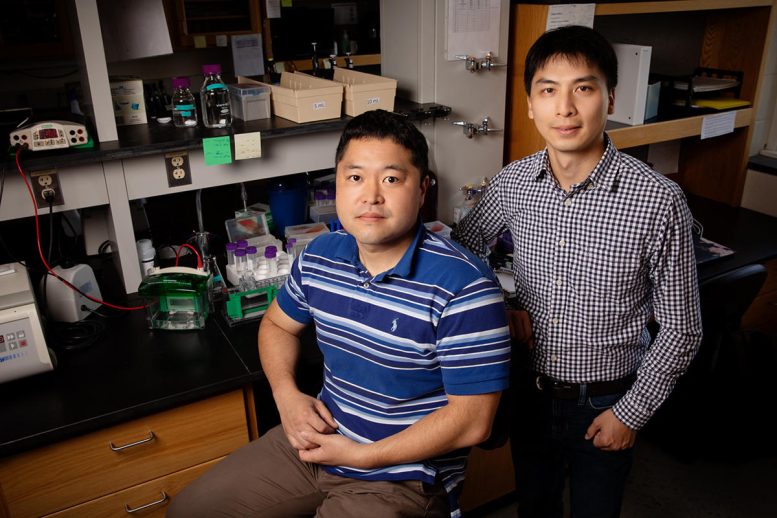
Researchers at the University of Illinois Urbana-Champaign’s Beckman Institute for Advanced Science and Technology led by Professor Nien-Pei Tsai (right) and Kwan Young Lee have established the protein p53 as critical for regulating sociability, repetitive behavior, and hippocampus-related learning and memory in mice, illuminating the relationship between the protein-coding gene TP53 and neurodevelopmental and psychiatric disorders like autism spectrum disorder. Credit: University of Illinois/L. Brian Stauffer
In living systems, genes act as a biological version of binary code, using the letters A, C, G, and T instead of ones and zeroes to spell out cellular marching orders. Some genes — called coding genes — instruct cells to create proteins with specific functions. For example, the gene TP53 instructs cells to create the protein p53; its job is to regulate how other genes are expressed.
In this study, Tsai and his colleagues lowered hippocampal p53 levels in mice, looking for changes in gene expressions related to behavior. They observed that the decreased p53 levels:
- Promoted repetitive behavior in mice.
- Reduced sociability in mice.
- Impaired hippocampus-dependent learning and memory, especially in male mice.
The researchers also observed that p53 levels were elevated after a period of active communication between hippocampal neurons called long-term potentiation. Flexible neuron firing — known as plasticity — is related to positive learning and memory outcomes.

Nien-Pei Tsai, a researcher at the Beckman Institute for Advanced Science and Technology at the University of Illinois Urbana-Champaign, led a team of researchers to establish the protein p53 as critical for regulating sociability, repetitive behavior, and hippocampus-related learning and memory in mice, illuminating the relationship between the protein-coding gene TP53 and neurodevelopmental and psychiatric disorders like autism spectrum disorder. Credit: University of Illinois Urbana-Champaign School of Molecular and Cellular Biology
In a 2018 study, Tsai and his colleagues identified p53 as a key protein involved in the irregular brain cell activity seen in ASD and epilepsy. In future studies, they aim to explore how p53 coordinates the expression of those autism-linked genes to guide behavior.
Reference: “Tumor suppressor p53 modulates activity-dependent synapse strengthening, autism-like behavior and hippocampus-dependent learning” by Kwan Young Lee, Haohan Wang, Yeeun Yook, Justin S. Rhodes, Catherine A. Christian-Hinman and Nien-Pei Tsai, 28 September 2023, Molecular Psychiatry.
DOI: 10.1038/s41380-023-02268-9
The study was funded by the National Institutes of Health.


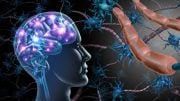


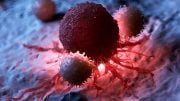
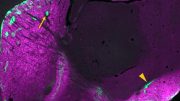
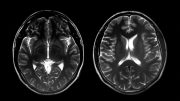

So does this suggest that autism is not created by vaccines? I’m astonished. Perhaps pass the word around to RFK jr.